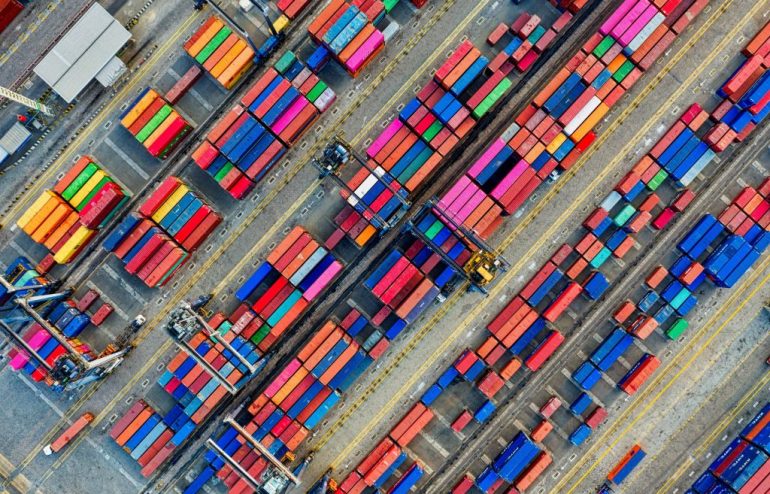Restrictive covenants or non-compete clauses have their origins in the master-servant relationship.
The earliest mention of restrictive covenants in employment contracts was in 1414 in the Dyer’s Case[1] where the court held that the covenant restricting an apprentice from engaging in his trade in the same city as his master was contrary to public policy.
However, in view of changing times, restrictive covenants are now a common feature in employment contracts with employers resorting to them to protect their business from competing former employees.
Considerations for Employers and Employees on the Enforceability of Restrictive Covenants
The English courts reconsidered their long-standing stance on the rejection of restrictive covenants in the case of Mitchel v. Reynolds [2] . In the case they held that a restraint of trade can be enforced if it is reasonable.
Nigerian courts have held a similar view. In Koumoulis v. Leventis Motors Ltd [3], the Supreme Court considered what amounted to reasonableness in relation to a restrictive covenant and found a restrictive covenant to be reasonable if it provides adequate protection to the covenantee:
“If the covenant affords adequate protection to the covenantee, the requirement that it must be reasonable in the interest of the parties is satisfied as the court will not enquire into the adequacy of the consideration for the covenant. And depending on how the covenant is framed, an employer can lawfully prohibit the employee from setting up on his own, or accepting a position with one of the employer’s competitors, so as to be likely to destroy the employer’s trade connection by a misuse of his acquaintance with the employer’s customers or clients.”[4]
Therefore, the protection provided to an employer under a restrictive covenant must not be wider than necessary for a restrictive covenant to be enforceable.[5]
The purpose of restrictive covenants is not to hamper a former employee’s career or business prospects but rather to ensure the protection of an existing interest. The interest sought to be protected by such a covenant often includes the protection of proprietary information and trade relationship with clients or customers.
Prior to the enactment of Nigeria’s competition law, the time frame of the restriction was generally as stipulated by the terms of a contract. However, this is no longer the case as Section 68(1)(e) of the Federal Competition and Consumer Protection Act 2018 now limits the time frame to two (2) years:
“68(1) Nothing in this Act prohibits —
…
(e) a contract of service or a contract for the provision of services in so far as it contains provisions by which a person, not being a body corporate, agrees to accept restrictions as to the work, whether as an employee or otherwise, in which that person may engage during or after the termination of the contract and this period shall not be more than two years…”
From the foregoing, it is clear that parties to contracts containing restrictive covenants are required to ensure that the restriction does not surpass two (2) years.
Implication of Refusal to Sign Contract Containing Restrictive Covenant
A prospective or existing employee may be reluctant to sign a contract containing a non-compete clause. An employer cannot mandate a prospective employee to sign such a contract against their will in view of the legal ramifications. However, such employer can choose to rescind an offer of employment or terminate an existing employment under such circumstances, provided the restrictive covenant passes the test of reasonableness.
At this juncture, it is important to also consider the implication of situations where a prospective or existing employee is being or has been forced to sign a contract containing a restrictive covenant and the enforceability of such contract.
The Court of Appeal in the case of Oraka v. Oraka & Anor [6] considered the effect of an agreement entered into under duress and held such agreement is not binding and enforceable:
“Let me quickly in agreeing with the Appellant state a very trite position of the law. It is that, agreement entered into between parties are binding where the agreement is made voluntarily without any compulsion, misrepresentation and fraud. The reverse is also correct; an agreement entered between parties will not be binding and enforceable when the agreement is made under duress, fraud and misrepresentation.” [7]
However, the Court of Appeal in Sadiq v. Balarabe [8] also made it clear that signing a contract under duress is not the same as signing it under desperation and as such a person signing a contract under desperation may still be bound by the contractual terms:
“Signing an agreement out of desperation or fear of losing one’s job and not out of duress or compulsion, in my humble view does not exempt the party from being bound by the agreement.” [9]
Conclusion: Negotiation of Restrictive Covenants
The importance of the discussion on restrictive covenants is due to their post-termination effects. In view of this, it becomes necessary to consider the option of negotiating restrictions particularly at the initial stages of engagement.
Issues such as the scope of restrictions or the compensation to be given to an employee or a prospective employee in exchange for acceptance may be the subject of negotiations. Parties would be expected to weigh the relative advantages that negotiations can bring.
However, negotiation often comes with risks and it involves being in a position of strength in relation to pre-existing factors. An employee or prospective employee occupying a high-level role with more experience may have more leverage in negotiations compared to one with less experience. Hence, understanding the job description would assist in determining an employee or prospective employee’s position and the reasonableness of a restrictive covenant.
Footnotes:
[1] (1414) 2 Hen. V, fol. 5, pl. 26
[2] (1711) 1 PWms 181
[3] (1973) LPELR-1710(SC)
[4] per Udo Udoma, JSC
[5] Vee Gee (Nigeria) Limited v Contact (Overseas) Limited [1992] 9 NWLR (Pt. 266) 503.
[6] (2019) LPELR-47675(CA)
[7] per Ebiowei Tobi, JCA (Pp 35 – 36 Paras E – B)
[8] (2020) LPELR-52114(CA)
[9] per Amina Audi Wambai, J.C.A
Download article as pdf:





